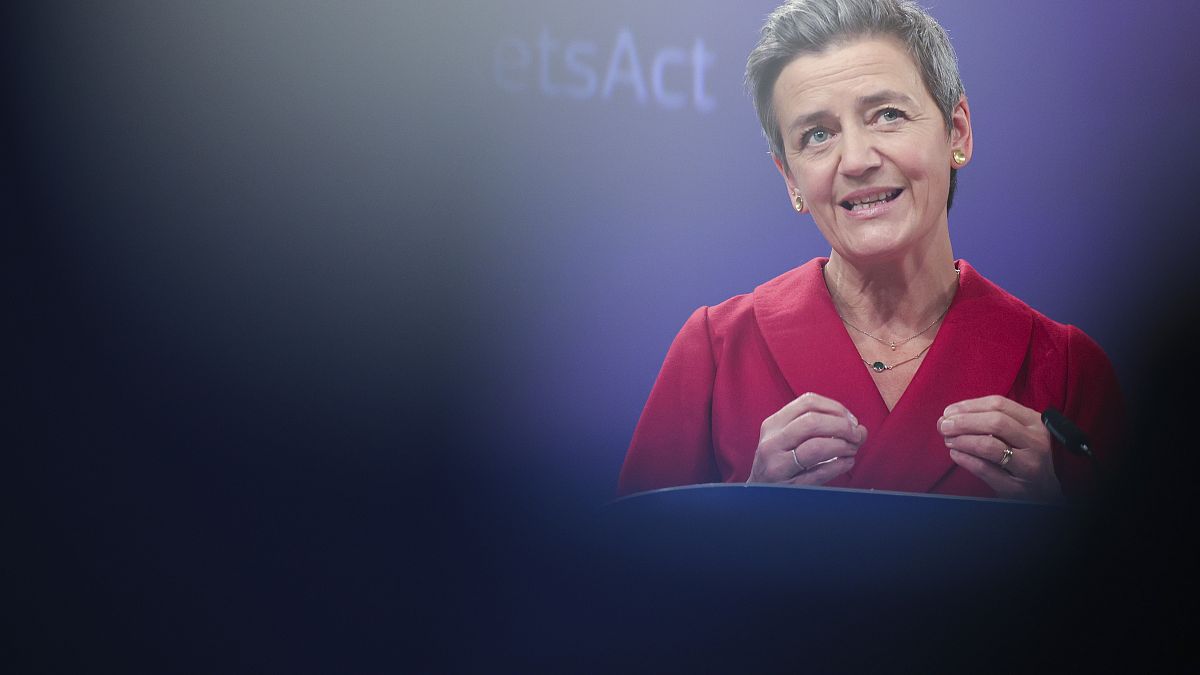EU Commission warns overlapping rules offer loopholes for Big Tech

The DSA entered into force in August 2024, and around 24 EU and national rules have referred to the platform rules.
The European Commission has warned the 27 EU member states and the European Parliament to be wary of copying parts of the Digital Services Act (DSA) into other pieces of legislation claiming it complicates enforcement, according to the minutes of a diplomatic meeting seen by Euronews.
Such duplication gives Very Large Online Platforms (VLOPs) more scope to find loopholes which it can deploy against the European Commission and regulators on the DSA, the notes add.
The Commission said there are currently some 24 (national) laws or proposals that reference links to the DSA, though it has not yet furnished a full list of these to the member states.
The DSA aims to empower and protect users online, requiring platforms to assess and mitigate their systemic risks and to provide robust content moderation tools. It entered into force in August 2024 and applied to all platforms as of February this year.
In the incoming Commission, Finland’s Henna Virkkunen will be responsible for implementing the DSA. The new executive is likely to propose new rules on advertising, dark patterns and protection of minors online.
Designations
There are currently 25 designated VLOPs which have met the threshold of 45 million monthly EU users. Marketplace Shein and several porn platforms are among the most recent additions to the list.
The Commission has begun eight investigations for non-compliance since the inception of the rules, targeting companies including social media platforms TikTok, X and marketplace AliExpress.
The EU executive has also formally notified Czechia, Cyprus and Portugal for their failure to comply with the DSA by not appointing a national authority, tasked with overseeing national implementation of the rules.
It also sent letters of formal notice to Belgium, Spain, Croatia, Luxembourg, Netherlands and Sweden in July for failing to implement the DSA or not empowering local authorities.
The European Commission has been contacted for a comment.
Related
EU denies picking on US tech giants, says US also…
BRUSSELS (Reuters) - Europe's new tech rule aims to keep digital markets
€450M to drive green data infrastructure, the next startup hub,…
This week we tracked more than 70 tech funding deals worth over €1.3 billion, and over 5 exits, M&A transactions, rumours, an
European tech sector poised for stronger 2025, says Monument Group;…
Let’s kick things off with tech! Monument Group’s Zac Williams expects a big spike in European technology deals in 2025, as the region offers more appealing
Women still marginalised in Europe’s Tech Ecosystem
European startups founded or co-founded by women raised €10.2B in 2024 across nearly 2,000 transactions, according to Pitchbook’s latest study. This repr










